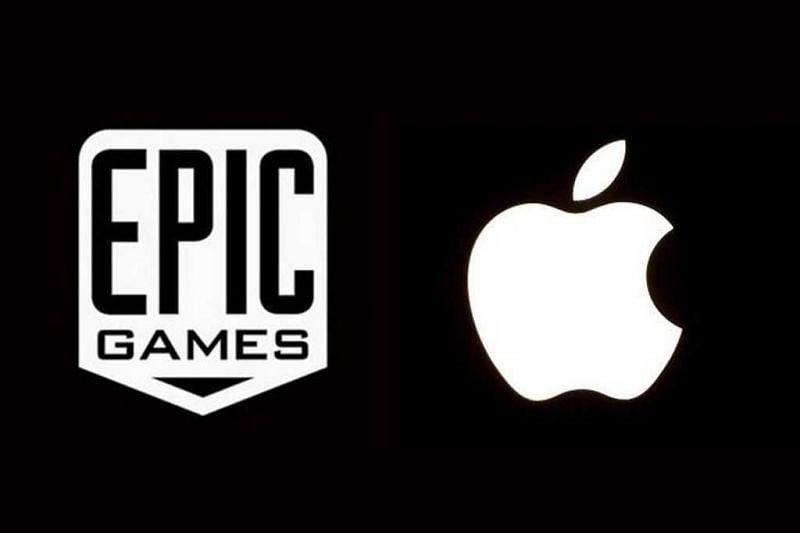Improving Mental Health Literacy: Education Programs And Resources

Table of Contents
The Importance of Mental Health Literacy
Defining Mental Health Literacy
Mental health literacy encompasses understanding mental health conditions, recognizing the signs and symptoms of various disorders, knowing where to seek professional help, and promoting overall mental well-being. It's about equipping individuals with the knowledge and skills to navigate their own mental health and that of others. This includes understanding the difference between normal stress and a diagnosable mental health condition, recognizing the warning signs of a potential crisis, and knowing when and how to intervene.
The Impact of Improved Mental Health Literacy
Improving mental health literacy has far-reaching positive effects. Increased understanding leads to:
- Reduced stigma surrounding mental health issues. Education helps dispel myths and misconceptions, fostering empathy and support.
- Earlier identification and treatment of mental health conditions. Recognizing symptoms early allows for timely intervention, improving treatment outcomes and reducing long-term impacts.
- Improved help-seeking behaviors. Individuals with better mental health literacy are more likely to seek professional help when needed, reducing delays in care.
- Increased support for individuals experiencing mental health challenges. Family members and friends with better literacy can provide more effective support and understanding.
- Stronger community resilience. A community with high mental health literacy is better equipped to support its members during times of crisis and stress.
Effective Mental Health Education Programs
School-Based Programs
Integrating mental health education into school curricula is crucial for building a foundation of mental wellness from a young age. Programs like MindUP, which focuses on mindfulness and social-emotional learning, and Sources of Strength, which leverages peer support networks, demonstrate the effectiveness of these approaches. These programs often include:
- Curriculum integration: Incorporating mental health concepts into existing subjects like health, science, and social studies.
- Workshops and seminars: Providing interactive sessions on topics like stress management, coping mechanisms, and recognizing mental health challenges.
- Peer support groups: Creating safe spaces for students to connect, share experiences, and provide mutual support.
Workplace Wellness Programs
Employers are increasingly recognizing the importance of investing in the mental health of their employees. Workplace wellness programs often include:
- Employee Assistance Programs (EAPs): Confidential counseling and support services available to employees.
- Mental health training for managers: Equipping managers with the skills to identify and support employees experiencing mental health challenges.
- Stress management workshops and resources: Providing tools and techniques for employees to manage stress and improve their overall well-being.
Community-Based Programs
Numerous community organizations offer vital mental health education and support:
- Workshops and seminars: Providing information on various mental health conditions, treatment options, and support resources.
- Support groups: Creating spaces for individuals and families to connect and share experiences.
- Public awareness campaigns: Raising awareness about mental health issues and reducing stigma.
- The role of technology: Online resources, webinars, and virtual support groups are expanding access to mental health education.
Accessible Mental Health Resources
Online Resources and Websites
The internet offers a wealth of information and support. Reputable websites like the National Alliance on Mental Illness (NAMI), MentalHealth.gov, and The Jed Foundation provide valuable resources, including:
- Information on mental health conditions: Detailed descriptions, symptoms, and treatment options.
- Self-help tools and techniques: Strategies for managing stress, anxiety, and depression.
- Support forums and communities: Opportunities to connect with others facing similar challenges.
Mobile Apps for Mental Well-being
Many mobile apps offer practical tools and support for mental well-being:
- Mindfulness and meditation apps: Headspace and Calm offer guided meditations to reduce stress and anxiety.
- Mood tracking apps: Daylio and Moodpath help individuals monitor their mood and identify patterns.
- Mental health support apps: Talkspace and BetterHelp provide access to online therapy.
Mental Health Hotlines and Crisis Services
In times of crisis, immediate support is vital. Contact information for helplines and crisis text lines should be readily available:
- National Suicide Prevention Lifeline: 988
- Crisis Text Line: Text HOME to 741741
Remember to always evaluate the credibility of online mental health information by checking the source's authority, accuracy, and objectivity.
Conclusion
Improving mental health literacy is essential for creating a society that supports mental well-being. Through comprehensive education programs in schools, workplaces, and communities, and readily accessible resources like online platforms, mobile apps, and helplines, we can empower individuals to take charge of their mental health. By fostering understanding, reducing stigma, and promoting early intervention, we can significantly improve the lives of millions. Visit a reputable website today to learn more about improving your mental health literacy, or share this article to help spread awareness and improve mental health literacy in your community.

Featured Posts
-
 Epic Games Hit With New Fortnite Lawsuit In Game Store At The Center
May 03, 2025
Epic Games Hit With New Fortnite Lawsuit In Game Store At The Center
May 03, 2025 -
 La Douleur Des Victimes Israeliennes Emmanuel Macron Temoigne De Son Emotion
May 03, 2025
La Douleur Des Victimes Israeliennes Emmanuel Macron Temoigne De Son Emotion
May 03, 2025 -
 Death On Football Pitch Georgia Stanways Touching Tribute
May 03, 2025
Death On Football Pitch Georgia Stanways Touching Tribute
May 03, 2025 -
 The History Of Pancake Day From Shrove Tuesday To Modern Celebrations
May 03, 2025
The History Of Pancake Day From Shrove Tuesday To Modern Celebrations
May 03, 2025 -
 Liverpool Transfer News Frimpong Talks And Elliotts Future
May 03, 2025
Liverpool Transfer News Frimpong Talks And Elliotts Future
May 03, 2025
